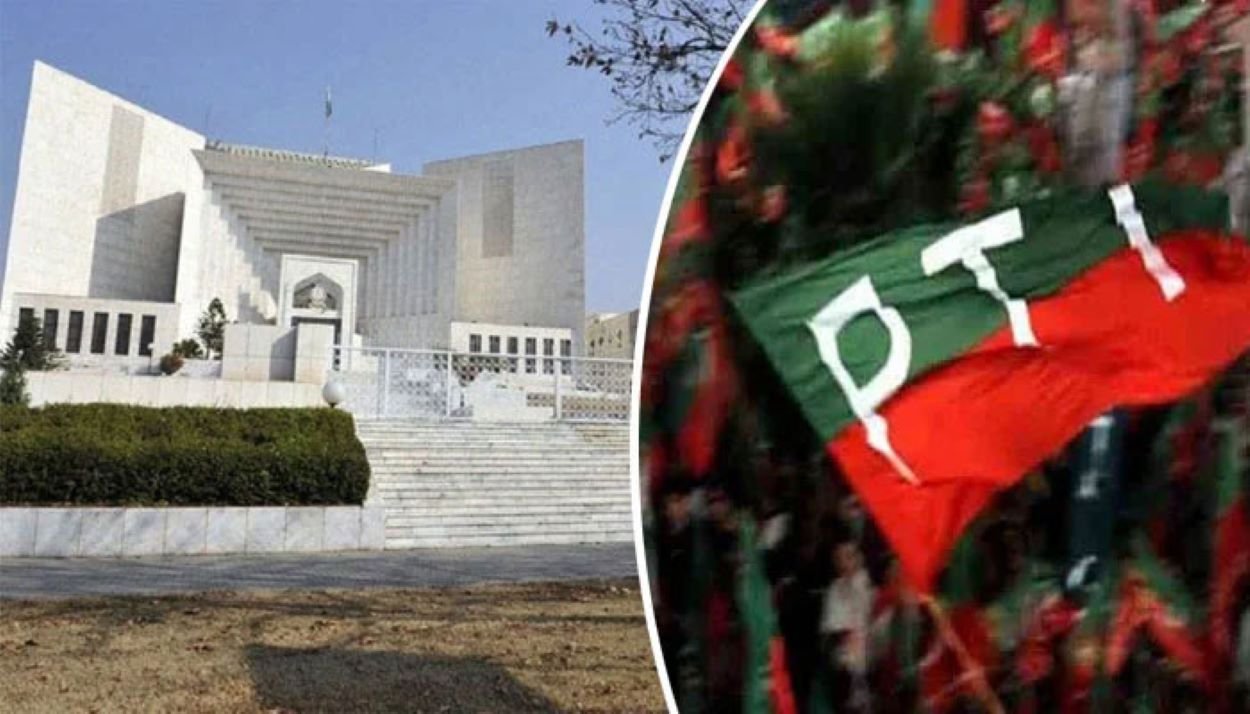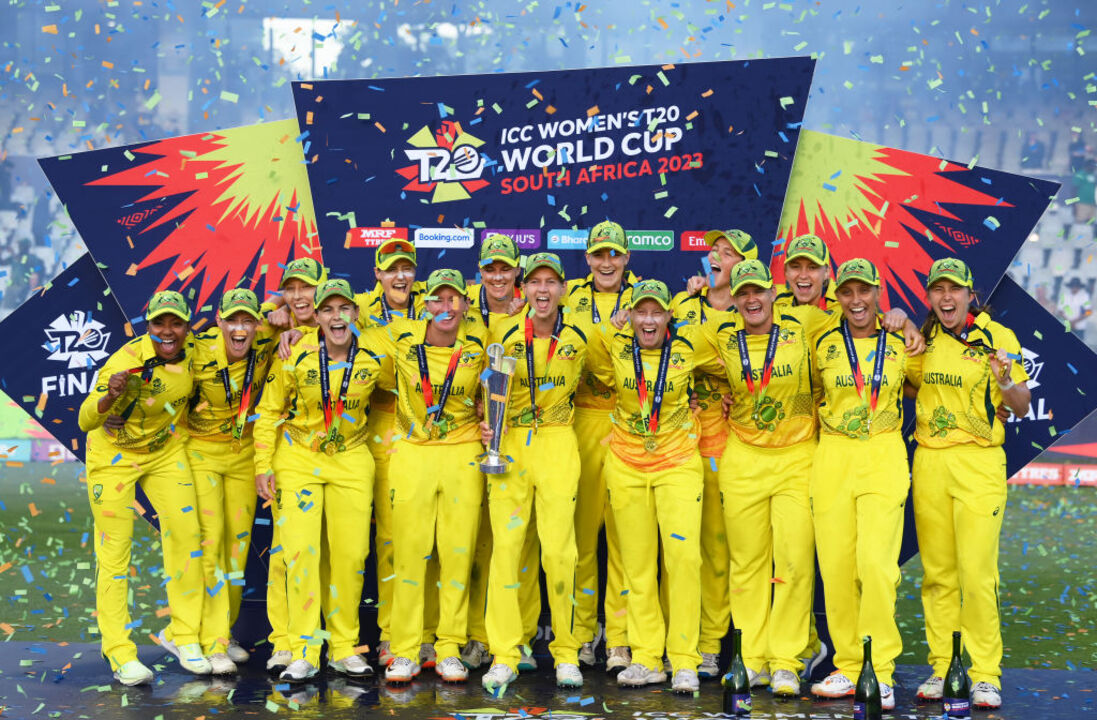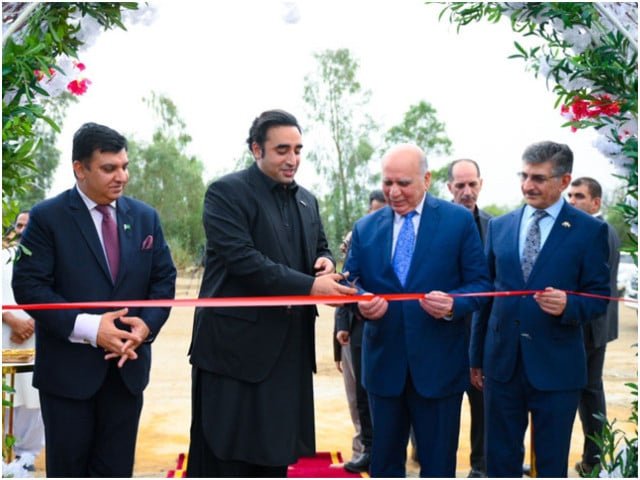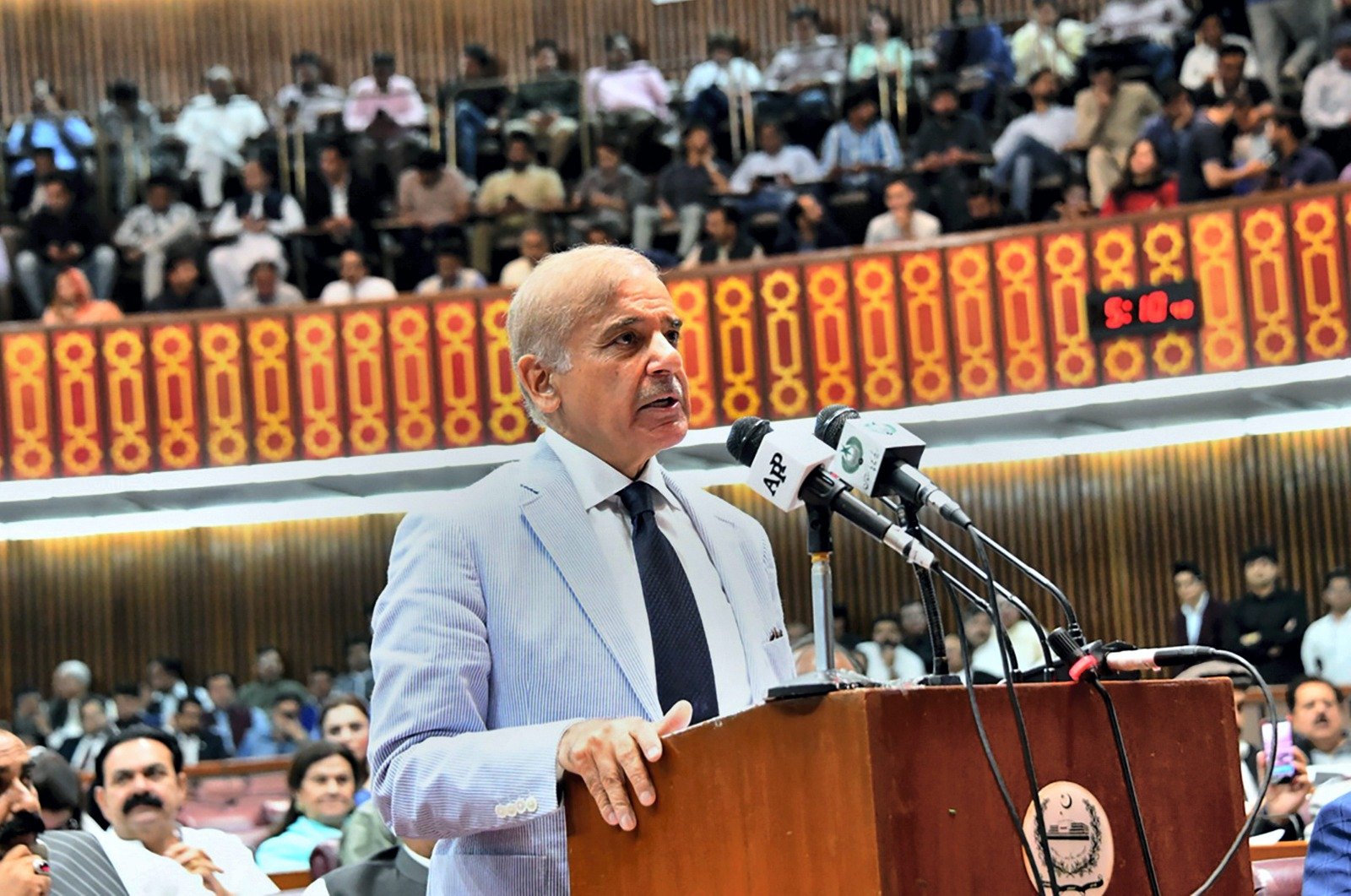Supreme Court Dismisses PTI’s Plea on Internal Elections Amid 26th Amendment Controversy

The Supreme Court of Pakistan dismissed Pakistan Tehreek-e-Insaf’s (PTI) plea challenging its internal election process after the party declined to proceed with the case following the recent passage of the 26th Constitutional Amendment.
The 26th Amendment Bill, 2024, was passed by the coalition government in a late-night session of the National Assembly and was signed into law by President Asif Ali Zardari upon the advice of Prime Minister Shehbaz Sharif. The constitutional reforms introduced significant changes to the judicial system, but they were not in effect at the time of the court’s hearing.
Hearing Overview:
A three-member Supreme Court bench headed by Chief Justice Qazi Faez Isa and comprising Justice Muhammad Ali Mazhar and Justice Musarrat Hilali heard PTI’s plea to review the judgement that declared the party’s intra-party elections unconstitutional.
- PTI’s lawyer Hamid Khan requested the formation of a larger bench to hear the review petition.
- PTI leader Barrister Ali Zafar argued that, in light of the 26th Amendment, the current bench should not hear the case.
- Chief Justice Isa responded by saying the court had not been formally informed of any amendment affecting the case and asserted, “Don’t tell us what we can hear and what not.”
Court’s Decision:
The Supreme Court rejected PTI’s plea, with CJP Isa stating that no substantial error was found in the original judgement, which upheld the Election Commission of Pakistan’s (ECP) decision to declare PTI’s internal elections unconstitutional.
Barrister Zafar and his legal team withdrew from the proceedings, and the court dismissed the case as the lawyers did not present their arguments.
Lawyer Hamid Khan expressed his dissatisfaction, stating that the record should reflect their refusal to argue due to the “extreme bias” of the judge.
Background:
Earlier this year, the Supreme Court had invalidated the Peshawar High Court’s (PHC) decision regarding PTI’s internal elections, siding with the ECP’s determination that the polls were unconstitutional. PTI sought a review of this judgement, but the party’s refusal to present its case ultimately led to the dismissal of the petition.
This legal episode unfolded as the 26th Constitutional Amendment was passed, bringing significant reforms to Pakistan’s judiciary. However, the amendment’s potential implications for ongoing cases were not applicable at the time of this ruling.










